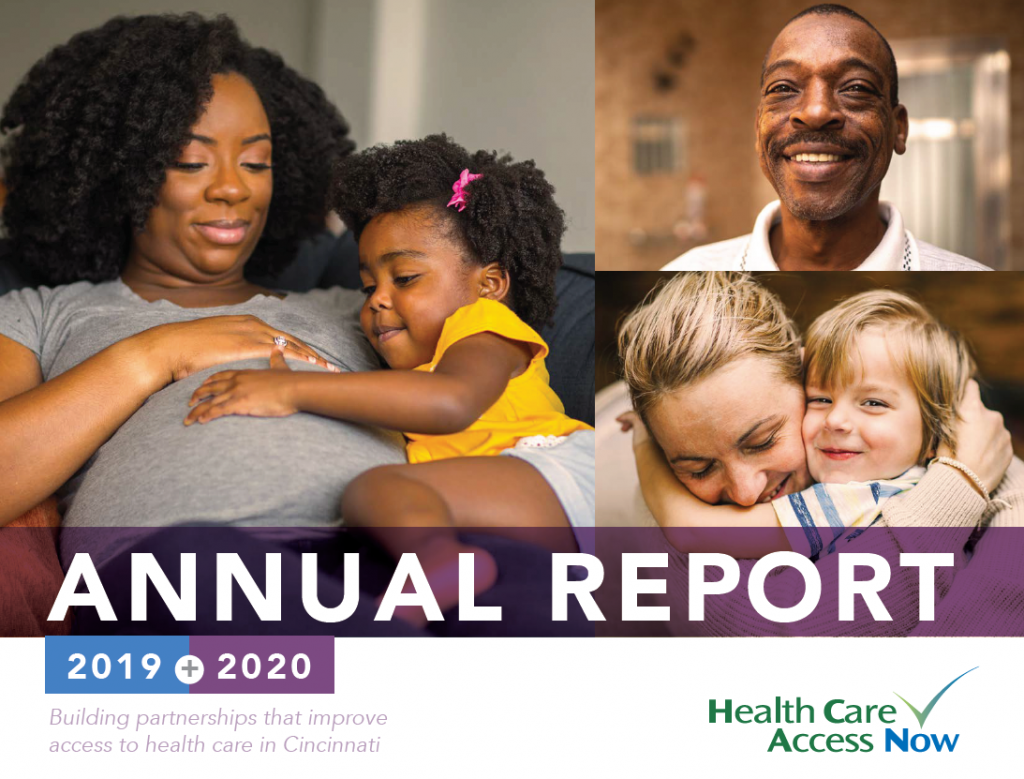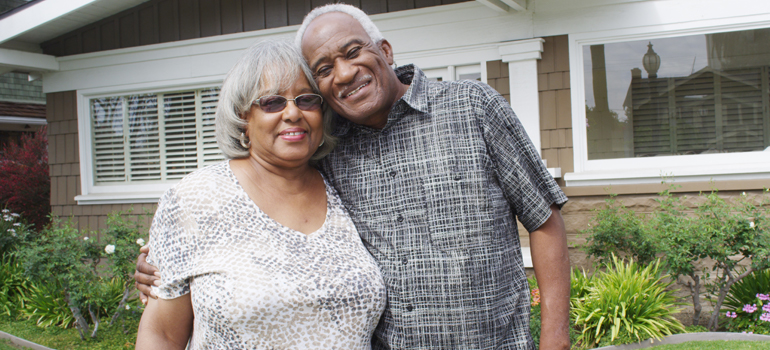2019 and 2020: Expansion and focus for HCAN

2020 was a year filled with unexpected challenges—like a worldwide pandemic!—and windfalls—like large grants—for Health Care Access Now (HCAN). It was a year that HCAN used to expand on its successes of 2019 and focus its mission as it moves into the future.
Here’s a summary of the last two years.
Hub capacity increase and adaptation
HCAN is the Pathways Community Hub (Hub) for the region. The Hub model helps Community Health Workers (CHWs) identify and eliminate typical barriers to good health outcomes for their clients. HCAN trains and supports CHWs and works with partner agencies as the Hub.
The Hub model identifies 20 Standard Pathways to measure success and reduce risk for clients. CHWs use these Pathways to help clients overcome obstacles by providing resources and health care services to clients. The top completed Pathway in both 2019 and 2020 was Education. Among the top barriers in 2019 were lack of adequate transportation, food, and clothing and baby items. In 2020, the Prevention Retention Contingency Program became the number one focus for Maternal & Child clients.
CHWs provide knowledge to clients in the form of “Educations,” so they can manage their health conditions, advocate for themselves in systems of care, and make the best possible decisions. The top Educations for Maternal & Child clients each year was Safe Sleep. The top Education for Adults in 2019 was Hypertension. In 2020, it was COVID-19, with CHWs delivering 1,088 COVID-19 Prevention Educations to clients across all partner agencies and programs.
Birth outcomes—including Healthy Weight Births and Full-Term Births—were higher for HCAN clients than the Hamilton county average for both years. Postpartum visits, an important part of maternal and baby health, have been a focus, with 193 visits in 2019 and 244 in 2020.
CHW visits and certification
The CHW Certification Program took off in 2019, with 42 graduates. In 2020, HCAN offered fewer classes in order to focus its support on the many graduates from the previous year.
CHW visits jumped from an already impressive 2,741 visits in 2019 to 3,595 visits in 2020. Most of those 2020 visits took place virtually to protect both CHWs and clients from the risk of contracting COVID-19.







